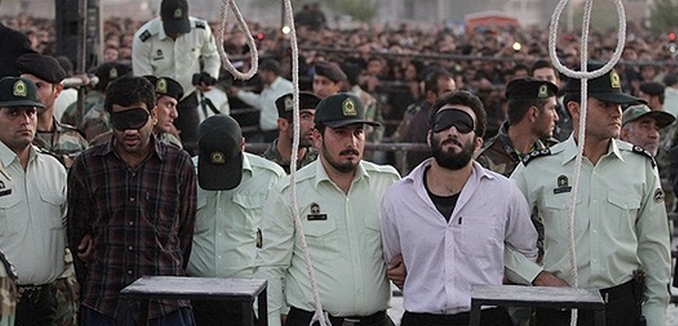The United Nations’ top investigator into Iran’s human rights record blasted Tehran’s recent “illegal” execution of twelve people in a statement released on Monday.
Special Rapporteur Ahmed Shaheed condemned the August 27 killing of Alireza Madadpour and eleven others on drug-related charges. Shaheed had asked Iranian authorities not to proceed with the executions the day before they were carried out.
“The execution of individuals for drug-related offences is simply illegal,” Shaheed said, observing that international law reserves the death penalty for the “most serious crimes,” which involve intentional killing, and only permits its application after a trial that strictly guarantees due process for the accused. None of these conditions were met in the case of the twelve executions, Shaheed said.
While the rapporteur acknowledged that Iran was permitted to crack down on drug trafficking, he observed that the crime “does not justify the use of the death penalty.”
“The execution of Mr. Madadpour and 11 others shows the Iranian authorities’ complete disregard of its obligations under international human rights law and especially of international fair trial standards and due process guarantees,” Shaheed added.
Earlier this month, Zeid Ra’ad Al Hussein, the UN’s high commissioner for human rights, called Iran’s execution of twenty Kurds a “grave injustice.” A few days earlier, Amnesty International condemned Iran’s execution of a gay teen in July as illegal.
In March, Shaheed released his report on the human rights situation in Iran. The report noted that executions had increased to a record high for the third straight year under President Hassan Rouhani in 2015, and that the governing was restricting press freedoms, denying rights to minorities and women, and interfering with free elections.
In October of last year, Shaheed called the increasing rate of executions in Iran an “unprecedented assault on the right to life.”
[Photo: WikiCommons ]




